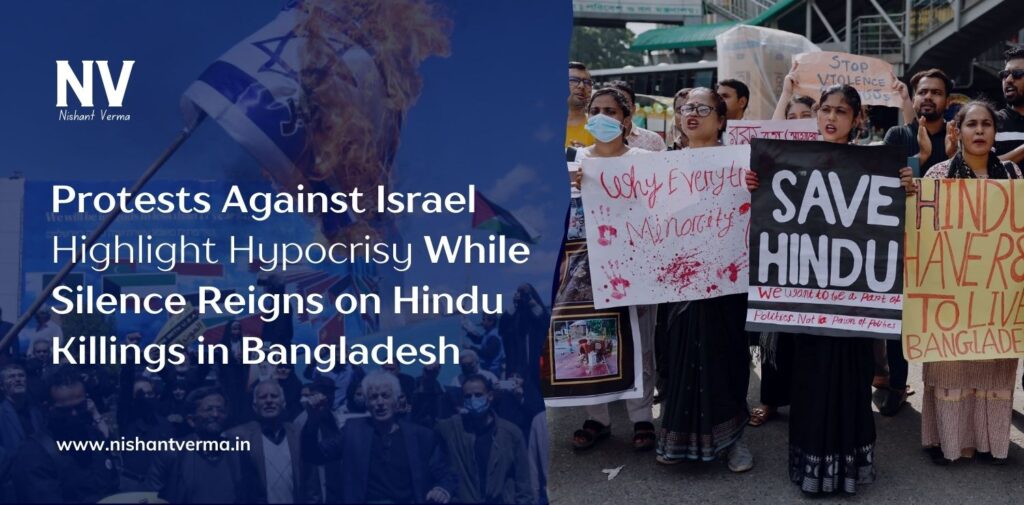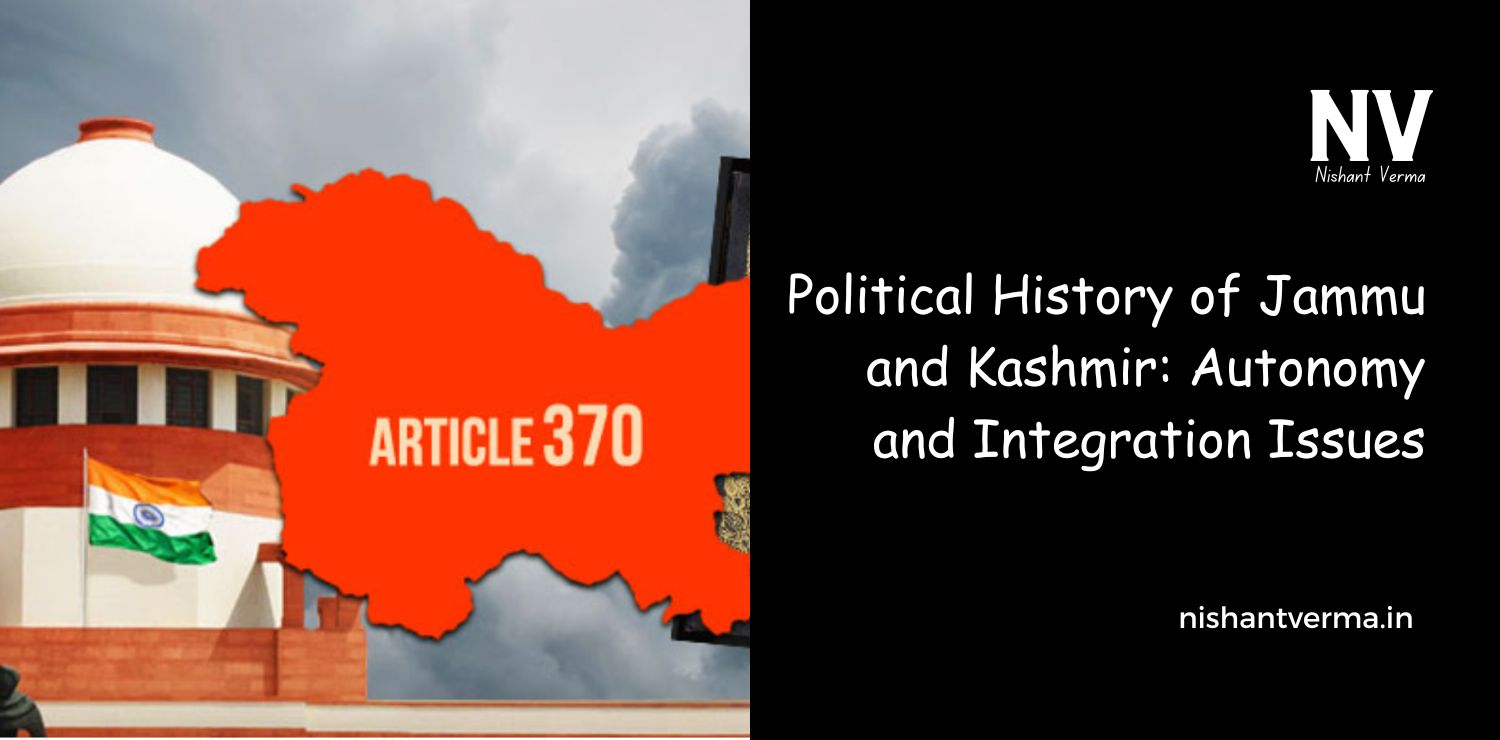The recent protests against Israel bombing in Lebanon, which reportedly led to the killing of Hezbollah leader Hassan Nasrallah, have sparked demonstrations in various parts of the world, including Jammu and Kashmir, India. This incident has reignited debates about the selective outrage of certain communities and the perceived double standards in their responses to global events. It raises questions about why similar intensity and activism were not witnessed when other communities faced violence or when injustices were perpetrated in different parts of the world, including Bangladesh and India.
Israeli Bombing in Lebanon: Protests Against Israel
The Israeli bombing in Lebanon, which resulted in the death of Hezbollah’s leader, Hassan Nasrallah, has led to widespread outrage and condemnation among the Muslim community globally. This incident has led to protests in Jammu and Kashmir, with many demonstrators calling for the Indian government to take a strong stand against Israel. The protests are portrayed as expressions of solidarity with the Palestinian cause and against perceived injustices perpetrated by Israel.
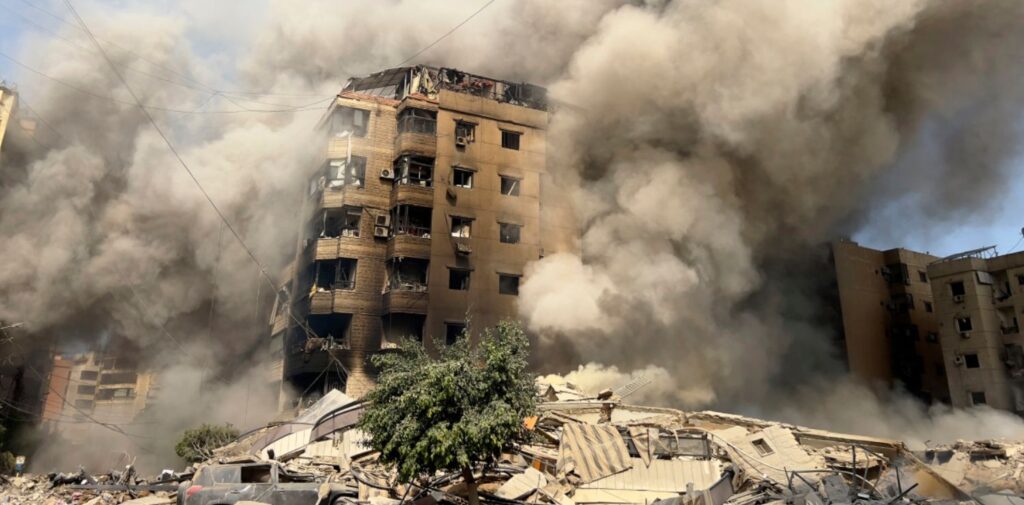
However, these protests also highlight a recurring pattern—certain segments of society appear vocal only when it involves their religious or community affiliations, while maintaining silence during equally serious atrocities affecting other communities. This selective outrage is a point of contention and has fueled accusations of hypocrisy.
Selective Outrage: Analyzing the Pattern
The question arises: Where were these voices when similar, if not worse, atrocities were committed against other communities? Just a month ago, Bangladesh witnessed a spate of violence where thousands of Hindus were reportedly targeted, killed, and displaced. Their homes and temples were destroyed, and yet, there was minimal international outcry or large-scale protests by the Muslim community in India or elsewhere. There were no marches, no demands for government intervention, and no calls for justice.
This lack of response points to a glaring inconsistency. If the principle of justice and human rights is universal, then shouldn’t it be upheld for all, irrespective of religion or ethnicity? The absence of condemnation for atrocities against Hindus in Bangladesh contrasts sharply with the immediate and widespread protests against the killing of a Hezbollah leader.
The Silence During the Kolkata Doctor Rape Case
Another example is the 2019 Kolkata doctor rape case, where a young female doctor was brutally assaulted and killed. The case sparked outrage locally, but it did not see the kind of pan-India protests that one would expect for such a heinous crime. This was despite the fact that the doctor belonged to a marginalized community. At that time, there were no widespread marches or calls for justice from these same segments of society that are now rallying against Israel’s actions.
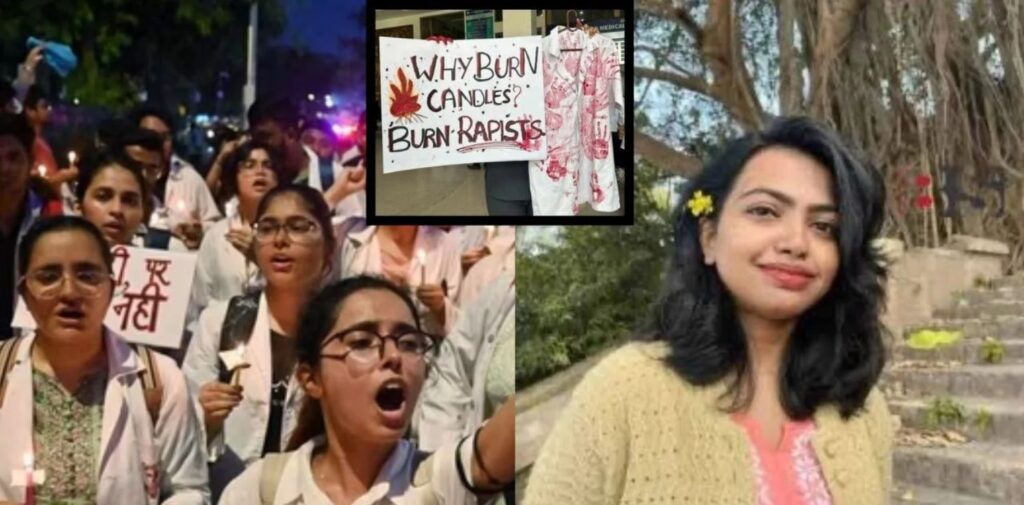
This raises a crucial question: Is there a hidden agenda behind these selective protests? Why do certain groups mobilize quickly for international causes while maintaining silence on domestic issues that do not fit their narrative? Such actions can only be seen as manipulative tactics aimed at diverting attention and creating divisions within society.
Manipulating Public Opinion and Creating Divisions
It is worth considering whether the current protests are genuinely about justice for the victims in Lebanon or if they serve a different purpose. By calling for the Indian government to take action against Israel, these groups may be attempting to create a wedge between India’s diplomatic relationships and sway public opinion against Israel. This can be perceived as an effort to push the Indian government into taking a stance that aligns more with the interests of the protesting group rather than a balanced diplomatic position.
Moreover, these protests can be seen as a move to manipulate Indian society by stoking religious and communal sentiments. Such mobilizations can be divisive and lead to an atmosphere of suspicion and distrust among communities in India. It’s crucial to question the motivations behind these movements: Are they genuinely concerned about human rights, or are they part of a broader strategy to achieve political or ideological goals?
The Hypocrisy of the Protests: Why No Support for Hindus in Bangladesh?
The selective nature of these protests becomes more evident when compared to the silence over the persecution of Hindus in Bangladesh. Thousands of Hindus have been killed, displaced, and stripped of their rights in Bangladesh over the years, and yet, these incidents have hardly garnered the kind of attention or solidarity that one sees for international Muslim causes.
The lack of outrage for the plight of Hindus in Bangladesh exposes a double standard. If the protests in Jammu and Kashmir are truly about justice and human rights, then why was there no similar outrage for the Hindus facing violence and oppression just across the border? Why were there no calls for the Indian government to take action or intervene in those situations? This inconsistency suggests that the protests are not purely about human rights but are driven by religious or political motivations.
The Agenda to Undermine Indian Sovereignty
The protests against the Israeli bombing in Lebanon also seem to be part of a larger agenda to undermine Indian sovereignty and create instability within the country. By aligning with international Muslim causes and calling for action against Israel, these groups are attempting to project India as a country that is indifferent to Muslim issues. This portrayal is not only inaccurate but also dangerous, as it can lead to increased communal tensions and further polarize Indian society.
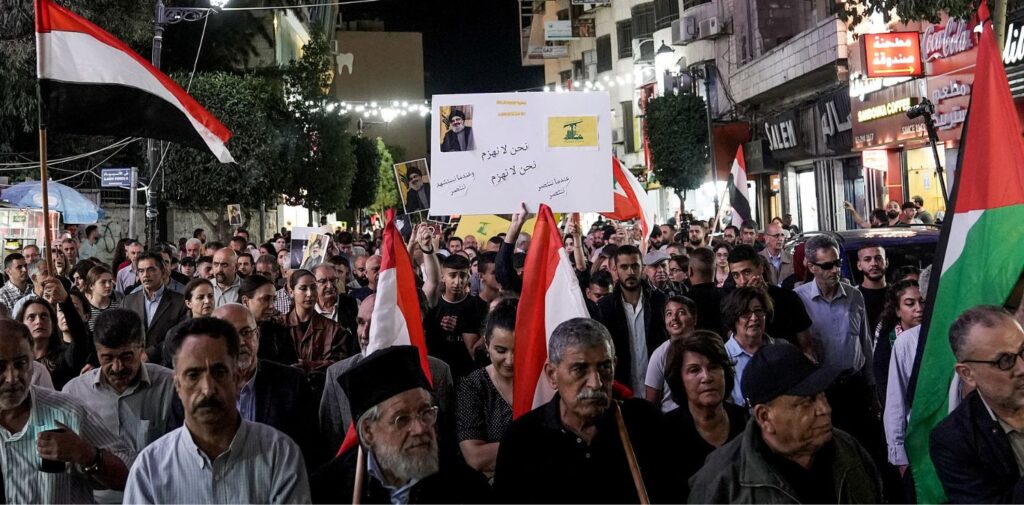
It’s important to recognize that India, as a democratic and secular nation, has always maintained a balanced foreign policy. The country’s stance on international issues is guided by its national interests and strategic priorities, not by pressure from any particular community. The attempts to influence India’s foreign policy through protests and public demonstrations should be seen as an attempt to manipulate the government and disrupt its diplomatic efforts.
Conclusion: The Need for Consistency in Outrage
The protests against the Israeli bombing in Lebanon have exposed a pattern of selective outrage and double standards. If the principles of justice, human rights, and solidarity are to be upheld, then they must be applied consistently, irrespective of religion or nationality. Protesting only when it suits a particular agenda and remaining silent when other communities suffer is not only hypocritical but also harmful to the cause of justice.
It’s time to call out this inconsistency and demand that all communities show solidarity for victims of violence, irrespective of their religious or ethnic backgrounds. Only then can we create a society that genuinely stands for justice and human rights for all. The current protests, while ostensibly about solidarity with Lebanon, seem more like a manipulation tactic aimed at distracting from domestic issues and pushing a particular agenda. As responsible citizens, it is crucial to see through such manipulations and advocate for a more inclusive and consistent approach to justice and human rights.

